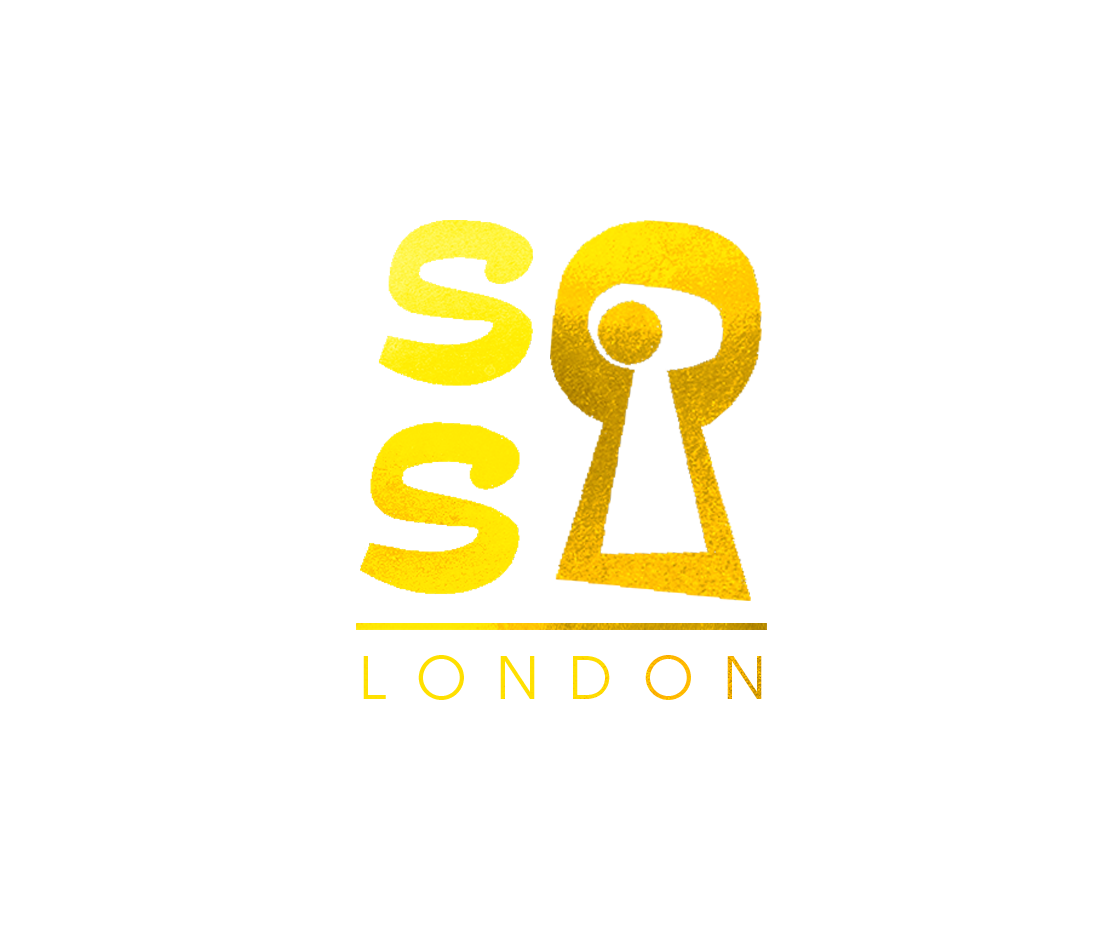
“Conflict allows the team to come to terms with difficult situations, to synthesize diverse perspectives, and to make sure solutions are well thought-out. Conflict is uncomfortable, but it is the source of true innovation, and also a critical process in identifying and mitigating risks.”
Liane Davey, cofounder of 3COze Inc. and author of You First: Inspire Your Team to Grow Up, Get Along, and Get Stuff Done.
Business leaders often cite the need to build a culture within their organisations where employees feel comfortable in speaking truth to power. The phrase ‘healthy conflict’ is equally oft-quoted when discussing desirable attributes within a high performing team; differing opinions are the root of innovation. Building a workplace dynamic that enables employees to speak their mind and be forthcoming with their own solutions to problems is easier said than done, but team building activities, such as escape rooms, provide an ideal platform to allow this to develop.
The worst performing teams are those which have the most senior individuals making the decisions, with all others carrying out their instructions on the assumption that their superiors know best. The worst performing teams have one vision which is unquestioningly followed, regardless of the impact it is having. The worst performing teams fail to recognise that the way to overcome adversity is by seeking creative input from all members of a team. These statements are just as true for escape rooms as they are for board rooms.

A culture which enables any team member, no matter how junior, to constructively identify collective mistakes and propose solutions is one that fosters creative issue resolution; a diversity of experience and backgrounds introduces a diversity of ideas. Furthermore, an open forum creates an environment where employees can feel confident in contributing, safe in the knowledge that their input is just as valuable as their colleagues, boosting staff morale and engagement. Of course, a balance still needs to be struck. Collaboration at all costs can lead to group think and heel-dragging, where group consensus trumps common sense or logic.
Escape games, such as Secret Studio and Escape from The Golden Hinde, can help a team strike that balance. Put simply, escape rooms provide a safe, enjoyable environment for corporate team building that requires effective communication and collaboration in order for the team to succeed. That safety is key, as it enables a team to establish a dynamic, consciously or otherwise, that seeks to achieve the balance of collaboration alongside getting problems solved quickly. Indeed, there are further, nuanced reasons why escape rooms can develop a team into one that can speak truth to power and thrive from healthy conflict.
Firstly, in an escape room, the playing field is levelled as there is no enforced hierarchy within the team dynamic. This means that all members of the team have an equal opportunity to demonstrate their worth and contribute. It allows for healthy, friendly competition where individuals can show their value to the whole team. Moreover, good escape rooms have a variety of problems to be solved that require different skillsets, meaning everyone can contribute – the Crystal Maze had physical, mental, mystery and skill games for a reason! At our escape games (Secret Studio and Escape from The Golden Hinde) we are constantly striving to encourage a similarly diverse range of skills.

Escape rooms also have the added pressure of a time limit for the teams to escape. Collaboration is therefore vital, but within this is a need for the team’s strategy to be clearly communicated. With all members on a level playing field, individuals can then feel comfortable in highlighting any unclear messaging or strategy that they do not understand – if one person doesn’t understand the strategy then they are almost certainly not alone.
When a strategy is understood by all, that allows for constructive critique and disruption. In an escape room, the obvious answer isn’t necessarily the right one, and this can also be true in the workplace. If individuals feel confident to offer an alternative solution to a problem that cannot be solved, success can be achieved much quicker.
Escape rooms therefore provide a problem-solving microcosm through which healthy conflict and speaking truth to power can be engendered. Whilst it is a low-stakes environment in which a team can be put to the test, it can sow the seeds of development that will create a far more inclusive, diverse and successful workplace.

Leave a comment